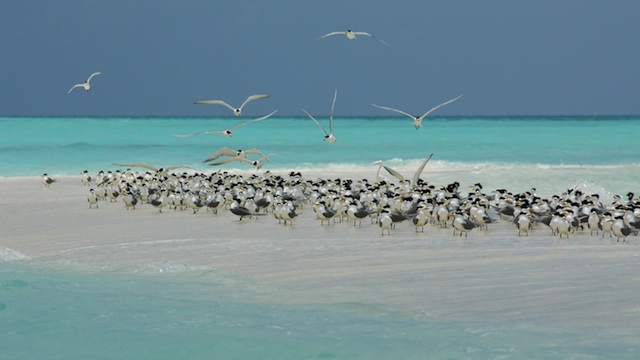SUMMARY
This is AI generated summarization, which may have errors. For context, always refer to the full article.

PARIS, France – Policymakers from some 100 nations meet in France next week to bolster efforts to have 10% of the world’s marine and coastal areas under protection by 2020, conference organizers said Friday, October 18.
Today’s coverage is less than 3%.
The 3rd International Marine Protected Areas Congress (IMPAC) will gather technical experts and bureaucrats in Marseille in the south from Monday, October 21 to Friday, October 25, followed by a weekend meeting of ministers from about 30 countries in the Corsican city of Ajaccio.
French government officials said announcements could be made on the creation of new marine protected areas – zones where commercial activities are controlled to protect the natural environment.
At the current rate of expansion, the 10% goal adopted by the world’s nations three years ago “will take a century to achieve”, France’s ecology ministry said in a statement, adding the conference would seek to impress on delegates the importance of “accelerating the creation of Marine Protected Areas”.
Another project is to address the legal status of the high seas – an area that covers 64% of the oceans and half the Earth’s surface but has become all but a deep-sea Wild West for unscrupulous fishing companies under vague international rules.
The ocean covers nearly three quarters of the Earth’s surface, provides about half of the oxygen we breathe and feeds billions of people every year.
Yet a scientific report warned this month that our oceans are declining more rapidly than previously thought – becoming ever warmer and more acidic and losing oxygen at an alarming rate, even as overfishing and illegal, harmful harvesting methods deplete our food stocks. – Rappler.com
Add a comment
How does this make you feel?
There are no comments yet. Add your comment to start the conversation.